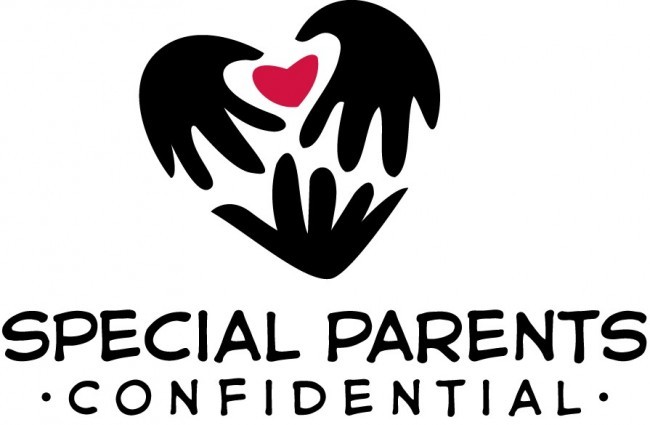Ehlers-Danlos Syndromes.
“The Ehlers-Danlos Syndromes, or EDS is a group of connective tissue disorders characterized by joint hypermobility (joints that stretch further than normal), skin hyperextensibility (skin that can be stretched further than normal), and tissue fragility.”
The above is from the ‘What is EDS’ webpage of the Ehlers-Danlos Society. EDS is a genetic disorder that, for those who have it, can cause a lifetime of chronic pain and problems. Imagine your joints are so loose and flexible that they become dislocated constantly with little effort. Your skin is far too flexible and easy to bruise. Then imagine the constant, unending pain that accompanies both problems. EDS can also affect other parts of the body including the stomach and intestines, and even how your brain functions.
Invisible Special Needs.
Kids who have Ehlers-Danlos Syndrome are often not recognized as having special needs. Some may need to be in wheelchairs, but then may not need a wheelchair. EDS can cause fatigue, and combined with the chronic pain, can make it difficult for the child to participate in gym class, sports programs, or even having fun on the playground. However, many kids with Ehlers-Danlos Syndrome can appear to be otherwise completely normal.
One Family’s EDS Story.
For this episode we’re talking to Elizabeth Lovett. Her 13 year old daughter, Maddie, has one of the variants of Ehlers-Danlos Syndrome. Elizabeth shares the difficulties that she and her husband faced in trying to figure out what was wrong with her daughter, and finally getting the diagnosis. She talks about the continuing medical treatments and physical therapies Maddie receives to help her. We also find out about the challenges EDS causes for her in school.
To regular people, children with EDS often appear normal, but they will complain that their legs and arms hurt and that they can’t walk or run. The parents often wind up having to carry the child or find other ways of getting around like a stroller or a wagon. That can look strange, especially if the child is older than a toddler. There can be a tendency to assume that the child is spoiled or that the parents are too accommodating. However, Elizabeth reminds us that there is far more going on than meets the eye. Just because you can’t see it, that doesn’t mean nothing is wrong.
We also get a chance to talk to Maddie herself about her life and how Ehlers-Danlos Syndrome affects her directly.
Links Mentioned In The Podcast
The Ehlers-Danlos Society – Excellent website for information and support.
Special Like Me… Madison the Great. The book written about Maddie and her life with EDS.
Connect With Us On Facebook!
A great way for you to stay in touch with me and communicate your thoughts on these episodes is on the facebook page for Special Parents Confidential. Use the Facebook button on the right side of this website, or the button at the bottom of this text, or use this link. You can also search Special Parents Confidential on Facebook. It’s also a great way to share our podcast with everyone you know.
Podcast: Play in new window | Download
Subscribe: RSS
